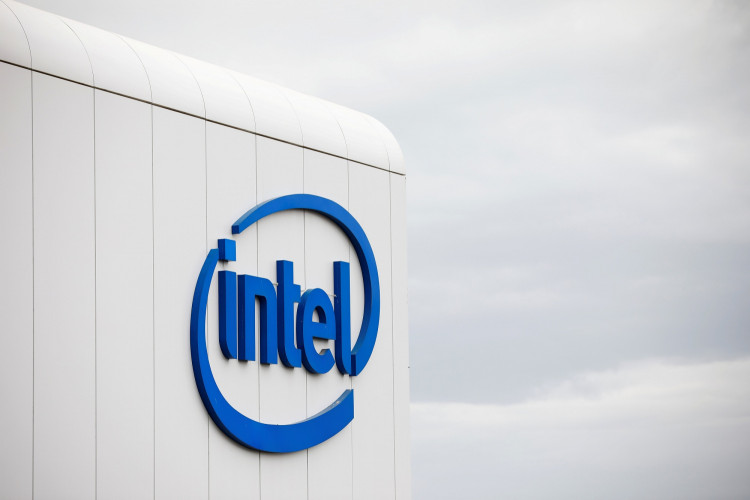Despite its efforts to put a stop to the suit over its alleged unlawful high-risk investments, the US Supreme Court announced on Wednesday its decision of allowing the litigation to continue. The US tech giant had been accused of putting at risk hundreds of millions of dollars worth of its employee's retirement plans through its various investments.
The court ruled unanimously to uphold the decision made by the lower court to greenlight the class-action lawsuit filed against the company in 2015. Intel had argued that the suit, which was originally filed by former Intel engineer Christopher Sulyma, was made too late. In 2018, the San Francisco-based 9th U.S. Circuit Court of Appeals allowed the case to proceed but the case was later escalated to the Supreme Court at Intel's request.
Intel previously stated that any lawsuit alleging violations of the Employee Retirement Income Security Act (ERISA) had to be filed within six years, or three years if the issue was brought up sooner. The US Supreme court rejected Intel's time period argument and allowed the suit to proceed. The ERISA is a federal law enacted to ensure that plan managers invest retirement funds sensibly under strict regulations.
According to court documents, Sulyma is accusing the company's retirement plan administrators of breaching their fiduciary duty. It alleged that the company placed too much emphasis on risky private equity and hedge funds instead of safer bets such as peer funds.
Intel explained that the investments that were made are not unlawful and that they were chosen to better diversify the plans' portfolio. The California-based chipmaker added that all of the participants were informed of the investments through email, which contained links to documents explaining the transactions.
Intel argued that participants were aware of the issue more than three years before the suit was filed. However, Sulyma and the other defendants argued that they were actually not made aware of Intel's alternative investments and how poorly they had performed.
The Supreme Court mentioned in its ruling on Wednesday that it sides with Sulyma and his claim that he did not have "actual knowledge" of the information contained in Intel's documentation of the investment it had made.
Intel warned in its appeal that the decision was wrong given that it would be very easy for anyone to claim that they simply did not read or cannot recall reading relevant documents. Prior to the decision, both conservative and liberal justices alike agreed that most people really do not read investment documents sent out by companies.






